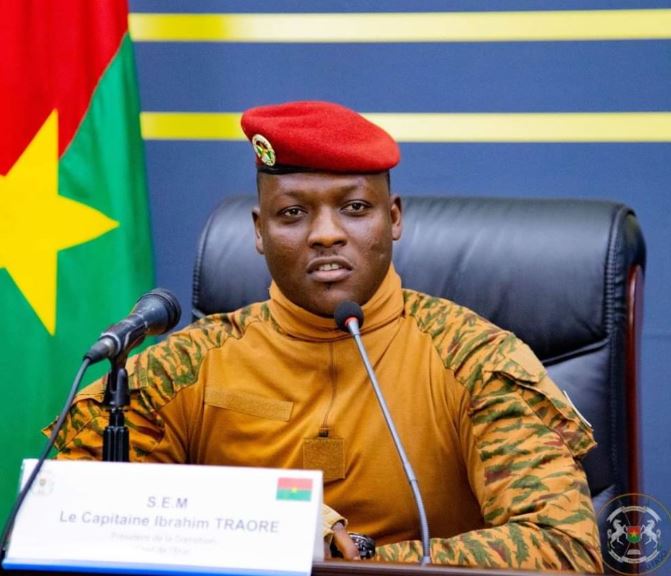**Fencing the Future: Nigeria’s Defense Chief Calls for Controversial Border Security Measures Amid Sahel Tensions**

In a bold and provocative move, General Christopher Musa, Nigeria’s Chief of Defense, has sparked a heated debate by advocating for the complete fencing of Nigeria’s borders with its four neighboring countries. This controversial proposal, made during a security conference in Abuja, aims to curb the infiltration of armed groups and address the escalating insecurity plaguing the region. However, critics are quick to question the efficacy of such a strategy, raising concerns about fostering division rather than unity.
As Nigeria grapples with a rising tide of violence and instability, General Musa’s call for enhanced border security comes at a critical juncture. With 1,500 kilometers of border shared with Niger Republic and 1,900 kilometers with Cameroon, the defense chief underscored the urgent need for Nigeria to take control of its frontiers. Citing examples from Pakistan and Saudi Arabia, he argued that physical barriers have historically been effective in ensuring national security. Yet, the question remains: can walls truly protect a nation in an era defined by technological warfare?

Critics of the proposal are not holding back. Many argue that erecting fences merely reflects a failure of leadership and a misunderstanding of the multifaceted nature of security challenges in Africa. Instead of focusing on division, they advocate for unity among African nations, emphasizing the need for collaboration to address the root causes of conflict, such as unemployment and poverty. The sentiment echoes a broader frustration with leadership that prioritizes militarization over constructive solutions.
The fallout from General Musa’s comments is palpable, with social media buzzing with reactions. Detractors have likened his stance to that of former U.S. President Donald Trump, branding it as a “black Trump” mentality that seeks to isolate rather than unite. The idea of creating barriers contradicts the aspirations of many Africans who envision a continent marked by the free movement of people and goods, a stark contrast to the defensive posture proposed by the Nigerian defense chief.

Moreover, the timing of this suggestion raises eyebrows, particularly against the backdrop of the looming threat from the Sahel region, where jihadist groups have been gaining ground. Critics argue that focusing on building fences distracts from addressing the complex reality on the ground, where the enemy often comes from within rather than crossing borders. The call for fortification appears to ignore the nuances of modern conflict, where technology and intelligence play pivotal roles.
As Nigeria navigates these turbulent waters, the implications of General Musa’s call for border security could reverberate throughout the region. The debate is not merely about fencing; it encapsulates deeper issues of governance, leadership, and the future direction of African unity. Will Nigeria’s response to insecurity foster isolation and division, or will it pave the way for a more collaborative and integrated approach to security and development?

In a continent yearning for progress and cooperation, the challenge lies in finding leaders who prioritize unity over division. As the discourse unfolds, the eyes of Africa remain fixed on Nigeria, a nation that stands at a crossroads, faced with the daunting task of redefining its approach to security in an increasingly interconnected world. The question lingers: can Nigeria build bridges instead of fences, fostering an environment where peace and prosperity can flourish?




